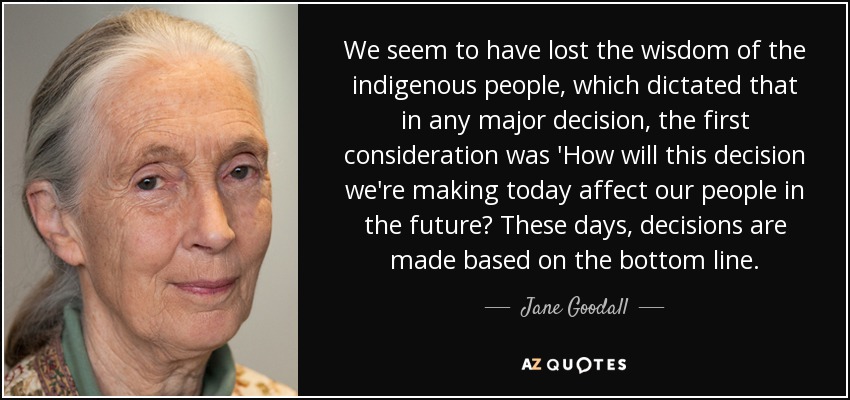Today is a Federal Holiday, so I get a day off from work. President Benjamin Harrison started celebrating Columbus Day in 1892 to mark the 400th anniversary of Columbus’ landing in the Bahamas. In 1934, President Franklin D. Roosevelt made Columbus Day a national holiday.
As President Trump’s proclamation put it, “The permanent arrival of Europeans to the Americas was a transformative event that undeniably and fundamentally changed the course of human history and set the stage for the development of our great Nation. Therefore, on Columbus Day, we honor the skilled navigator and man of faith, whose courageous feat brought together continents and has inspired countless others to pursue their dreams and convictions — even in the face of extreme doubt and tremendous adversity.”
However, like most things political these days, there is not a consensus for celebration. President Obama reflected, “As we reflect on the adventurers throughout history who charted new courses and sought new heights, let us remember the communities who suffered, and let us pay tribute to our heritage and embrace the multiculturalism that defines the American experience.”
This year, several states and U.S. cities will not observe Columbus Day but will instead celebrate Indigenous Peoples Day.
This is an interesting point for my blog, which is focused on the seventh of Jesus Christ’s beatitudes—“Blessed are the Peacemakers, for they shall be called sons of God”—this month. Given the focus on “Indigenous People” by many—and my corresponding lack of study about them—I decided to dedicate today to learning leadership from Native Americans. That’s when I found The Power of Four: Leadership Lessons of Crazy Horse by Joseph M. Marshall III.
Click here to learn Lakota leadership lessons.

